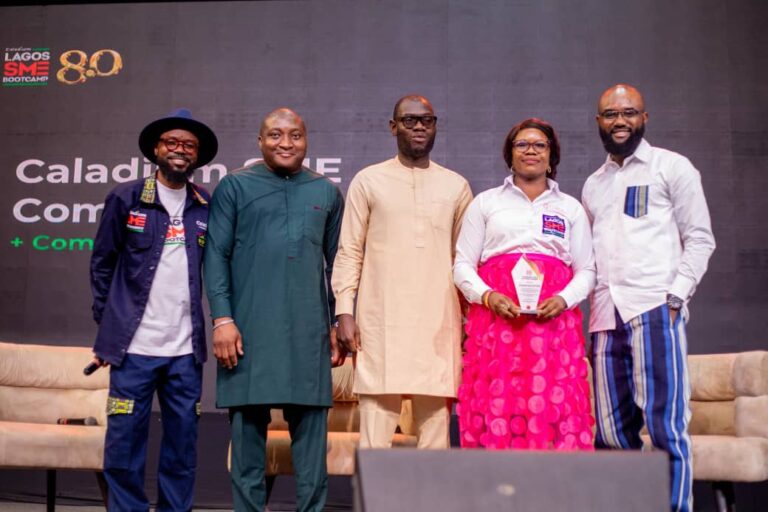The recent convergence of over 700 principal operators at the 8th Caladium Lagos SME Bootcamp was not merely a networking event; it was an annual economic triage. Amidst intensifying structural pressures in the Nigerian market, this gathering represents a crucial, decentralized mechanism where small and medium enterprises—the very core of the nation’s employment and GDP—engage in necessary survivalist strategy and resource securitization.
The statistical weight of the SME sector is immense, driving 48 percent of GDP and providing 84 percent of jobs. Yet, as co-founder Ayo Bankole Akintujoye notes, the movement was founded on the basic principle that market knowledge cannot be monopolized by large corporations. This eight-year institutionalization of accessible insights underscores a systemic vulnerability: the primary engine of the Nigerian economy consistently operates without adequate access to stabilizing capital, legal infrastructure, or defensible market positioning. The bootcamp, therefore, acts as a forced, collective pivot point designed to mitigate this structural imbalance.
Defensive Posture and Asset Securitization
The focus of the event’s sessions was explicitly tactical. The opening plenary, featuring legal consultant Oyinkansola Fawehinmi, highlighted a critical failure point in high-growth, high-volatility markets: intellectual property erosion. Fawehinmi’s stark warning—that business owners fail to secure their rights to their own creative value—frames IP registration not as a luxury, but as the foundational act of asset securitization. In environments defined by capital flight and funding gaps, securing intangible assets like a brand name or a unique process is often the most cost-effective and defensible way to build enterprise value. The cost of registration is, in this context, minimal compared to the systemic risk of losing business identity to rapid market replication.
Strategic Authenticity in a Crowded Field
The shift in focus for the second plenary from traditional marketing to strategic authenticity is equally revealing. Speakers like Edward Israel-Ayide challenged entrepreneurs to view their daily operations, customer transformations, and founding narratives not as anecdotal fluff, but as untapped, non-monetary reserves of trust. In a digital landscape saturated by noise, authenticity is the highest-value commodity. It acts as a low-cost, high-impact mechanism for converting market strangers into loyal customers—an essential strategy when conventional advertising spend is prohibitive or ineffective. This pivot leverages the inherent human capital of the SME to cut through the information overload that capital-intensive competitors generate.
The closing sessions, featuring leaders like Cowrywise CEO Razaq Ahmed and Sony Music Publishing Nigeria’s Godwin Tom, emphasized vision clarity and agile leadership. The lessons shared focused less on optimization and more on the ability to build enterprises that can withstand and adapt to rapidly evolving regulatory and economic dynamics.
In essence, the Caladium Lagos SME Bootcamp is not a feel-good conference; it is an essential, annual operational reset. It is a testament to the resilience of the entrepreneur, but more critically, it is a necessary corrective mechanism for a vital economic sector operating under intense, continuous pressure. The success of the 10,000-strong community reflects the decentralized genius of small business operators who understand that survival is dependent on the velocity of adaptive knowledge and the strength of a shared defensive network.

